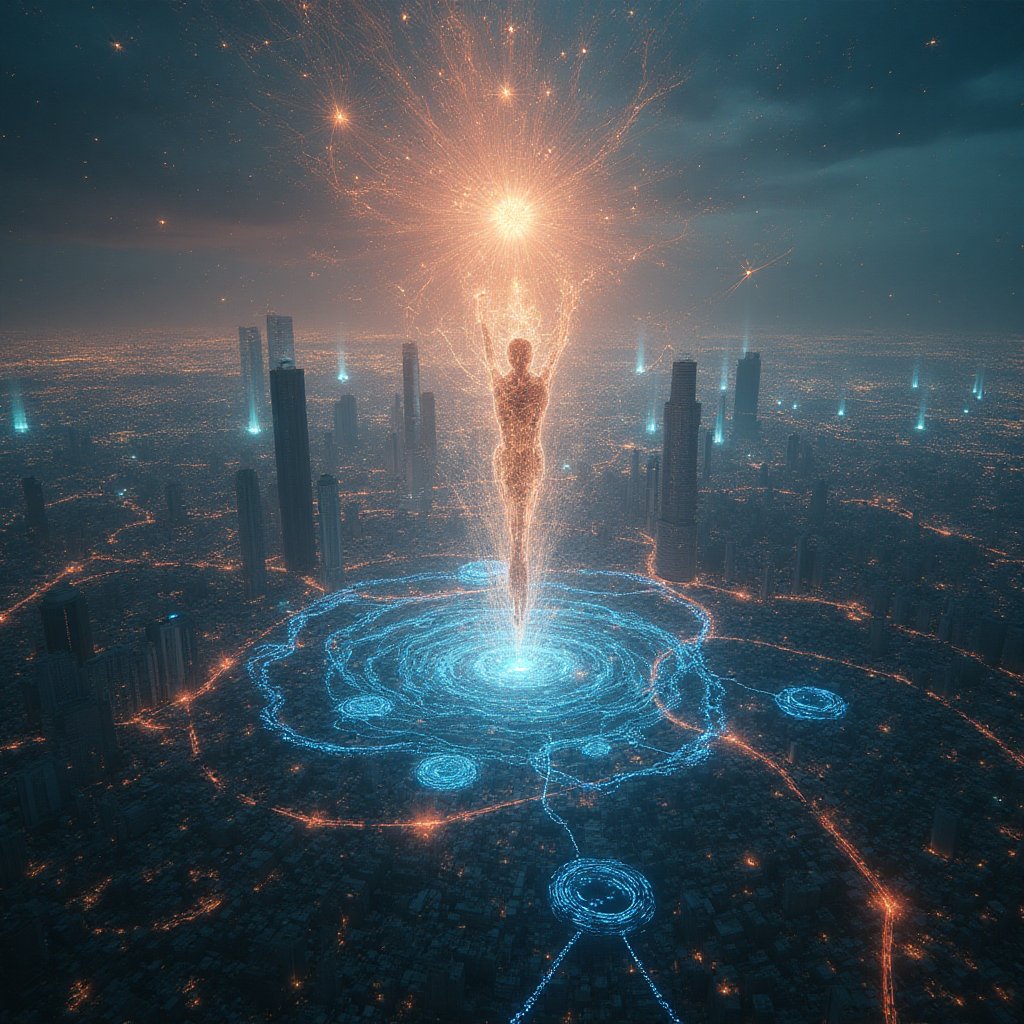Artificial Intelligence (AI) is no longer just a buzzword—it’s shaping the future of humanity. But what happens when the organizations tasked with developing AI for the greater good start prioritizing profits over people? Enter OpenAI, the AI research lab co-founded by Elon Musk, Sam Altman, and others, which is now at the center of a heated controversy. A recent open letter titled “Not for Private Gain” has accused OpenAI of betraying its founding principles by proposing a shift from a nonprofit to a for-profit structure. But is this move a betrayal, or is it just smart business? Let’s dive in.
What’s the Big Deal About OpenAI’s Restructuring?
OpenAI was founded in 2015 with a mission to ensure that artificial general intelligence (AGI)—AI with human-like reasoning abilities—benefits all of humanity. Its nonprofit structure was designed to keep the focus on humanity’s welfare, not profits. Fast forward to today, and OpenAI is now considering a shift to a for-profit model. Critics argue this undermines the very reason OpenAI was created.
The open letter, signed by dozens of former OpenAI employees and experts, calls on the attorneys general of California and Delaware to block this restructuring. The letter argues that turning OpenAI into a for-profit entity would violate its original mission to prioritize humanity over profit. But is this criticism justified, or is it a necessary step to fund cutting-edge AI research? Let’s break it down.
10 Key Points You Need to Know
1. The Fundamental Betrayal of Founding Principles
OpenAI’s founding principle was clear: develop AGI for the benefit of all humanity, unconstrained by the need to generate financial returns. But the proposed shift to a for-profit model fundamentally reverses this core idea. Critics argue that once profit becomes a priority, decisions will prioritize shareholders over humanity. Is OpenAI selling out, or is this a pragmatic move to secure funding for its ambitious goals?
2. The Massive Wealth Transfer
AGI has the potential to create unimaginable wealth—some even call it “the light cone of all future value.” OpenAI’s original capped-profit structure ensured that excess wealth would go back to the nonprofit, representing humanity’s interests. However, the letter alleges that the profit cap is being removed due to investor demands, potentially funneling astronomical profits to a small group of shareholders. Is this fair, or is it capitalism at its worst?
3. Loss of Legal Accountability
As a nonprofit, OpenAI is legally accountable to the public, ensuring it sticks to its mission. The proposed shift to a public benefit corporation (PBC) would remove this direct oversight, giving shareholders—whose primary interest is financial return—the power to enforce decisions. Is this move a step toward autonomy or a slippery slope to unchecked corporate power?
4. AGI Ownership: Who’s in Control?
Originally, AGI technology would be owned by the nonprofit, ensuring it’s governed for humanity’s benefit. The letter argues that the restructuring would transfer ownership to the for-profit company and its investors, granting them unrestricted access to this powerful technology. Who should own AGI—humanity or a select few investors?
5. Sam Altman’s Stark Reversal
In 2023, Sam Altman testified to Congress that OpenAI’s nonprofit control and profit caps were essential safeguards. Fast forward to 2024, and he’s now pushing to dismantle these exact safeguards, framing them as obstacles. What changed? Is this a strategic pivot or a betrayal of trust?
6. The Abandonment of “Stop and Assist
OpenAI’s founding charter included a unique promise: if another responsible group got close to building AGI, OpenAI would stop competing and assist them to prevent a reckless race. The letter argues that competitive pressures under the new structure could lead to the abandonment of this commitment, increasing global risks. Should OpenAI prioritize safety over competition?
7. The Value of Control Over AGI
Control over AGI is more valuable than anything else. OpenAI was founded with charitable donations, but the proposed restructuring could break this initial promise. Can OpenAI uphold its mission while transitioning to a for-profit model?
8. Investor Pressure: Driving the Change?
OpenAI cites investor demands as the primary reason for restructuring. Investors reportedly insisted on conditions freeing them from funding commitments or allowing redemption of invested funds if OpenAI fails to simplify its capital structure. Is investor pressure driving OpenAI away from its mission?
9. The High Stakes of AGI
AGI comes with serious risks of misuse, accidents, and societal disruption. OpenAI’s website acknowledges that a misaligned superintelligent AI could cause grievous harm. Should OpenAI prioritize safety over profit?
10. Serious Allegations Against OpenAI
The letter lists specific concerns, including rushed safety testing and a reduction in resources dedicated to AGI safety. Former OpenAI employees have criticized the company for losing its mission and focusing increasingly on profit. Is OpenAI failing to uphold its commitment to safety?
The Broader Implications
This controversy isn’s just about OpenAI—it’s about the future of AI and humanity. If OpenAI, a leader in AI research, can’t stay true to its mission, what does that mean for the rest of the industry? The letter warns that the restructuring could lead to a “massive reallocation of wealth from humanity at large to OpenAI shareholders,” exacerbating inequality and risking global stability.
The stakes couldn’t be higher. AGI has the potential to reshape every aspect of our lives, from healthcare to education to the economy. But if it’s controlled by a select few, the risks of misuse and unintended consequences increase exponentially. As we stand on the brink of this technological revolution, who should control AGI—humanity or private interests?
What’s Next for OpenAI?
OpenAI’s proposed restructuring has sparked a heated debate, but one thing is clear: the decisions made today will shape the future of AI and humanity. As OpenAI navigates this controversy, it must find a balance between securing funding for its ambitious goals and staying true to its mission to benefit all of humanity.
So, what do you think? Is OpenAI’s shift to a for-profit model a betrayal of its founding principles, or a necessary step to fund cutting-edge AI research? Should AGI be governed by humanity or private interests? Join the debate and share your thoughts in the comments below. And if you’re passionate about shaping the future of technology, join the iNthacity community and become a permanent resident of the “Shining City on the Web.” Let’s build a future that benefits all of humanity, not just a select few.
Wait! There's more...check out our gripping short story that continues the journey: The Gateway
Disclaimer: This article may contain affiliate links. If you click on these links and make a purchase, we may receive a commission at no additional cost to you. Our recommendations and reviews are always independent and objective, aiming to provide you with the best information and resources.
Get Exclusive Stories, Photos, Art & Offers - Subscribe Today!


























Post Comment
You must be logged in to post a comment.